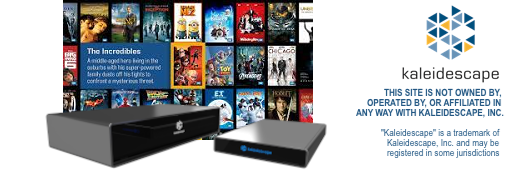If were are talking enterprise-class drives, they are much more expensive than previously listed. Example off of Dell's server site, where I built up a recent server quote: 8TB SATA HD 1313.33$, 18TB 3232.38$, 3.84TB SSD range between 4066.02$ to 5830.02$ for read-intensive. They should last a very long time if properly cared for, left on, on UPS to avoid abrupt power loss, cool room, etc. Dell sells warranties up to 7 years at purchase time, which includes NBD onsite support, or, if needed, 4hr mission critical, but that adds about 1600 to your cost. You can add additional years after that. As I suggest to my customers, around 3 to 4 years, we should bring in a replacement for any mission-critical application. There are only 3 HD makers worldwide, and DELL buys in bulk with firmware tuned to their hardware specs and puts a Dell sticker on it. I have placed hundreds of servers in service with my clients. HDs rarely fail spectacularly and typically start the error cycle and indicate they need replacement before it’s catastrophic. Does K have self-service kits, and does our CP on the Terra tell us when this is happening?


